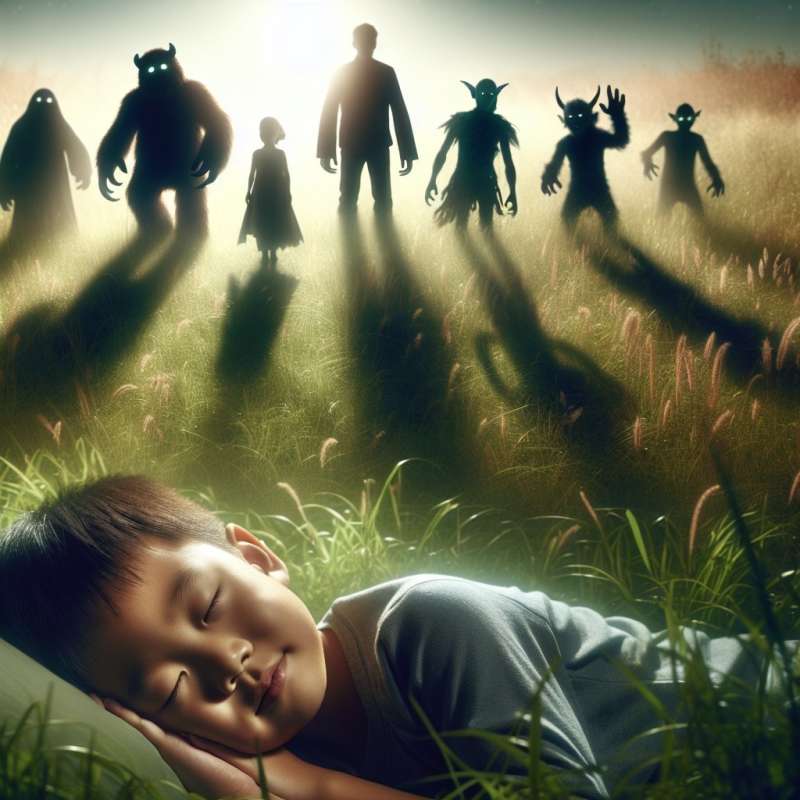
Defining Nightmares
Nightmares are vivid, disturbing dreams that often awaken the sleeper. They are more than bad dreams, impacting emotional well-being and differing in intensity and content.
Nightmares vs. Night Terrors
Unlike nightmares, night terrors involve no dream recall and occur during non-REM sleep. They're marked by screaming, intense fear, and no memory of the episode upon waking.
Common Nightmare Triggers
Triggers include stress, anxiety, sleep deprivation, medications, and substance abuse. Certain foods and late-night snacks can also increase metabolic rate and brain activity, prompting nightmares.
Nightmare Disorder
Recurrent nightmares may indicate 'nightmare disorder', affecting quality of sleep and daily life. It's often linked to psychiatric conditions, like depression or PTSD.
Nightmares' Adaptive Function
Some theories suggest nightmares could be an evolutionary adaptation, helping us rehearse responses to threats and process intense emotions in a safe environment.
Cultural Impact on Nightmares
Cultural background significantly influences nightmare themes. For instance, collectivist societies often experience nightmares involving social tension, unlike individualistic societies' focus on personal threats.
Altering Nightmare Content
Techniques like 'imagery rehearsal therapy' can help change nightmare narratives during wakefulness, reducing their frequency and severity. This exemplifies our ability to reshape dream content consciously.
What differentiates nightmares from bad dreams?
Intensity and emotional impact
Occurrence during REM sleep
No dream recall involved
Company